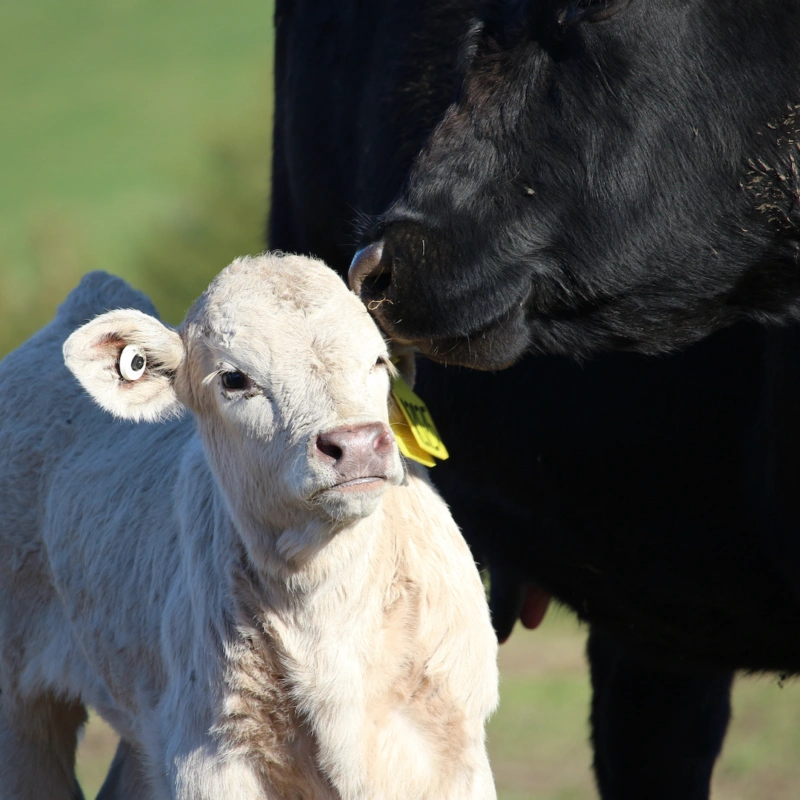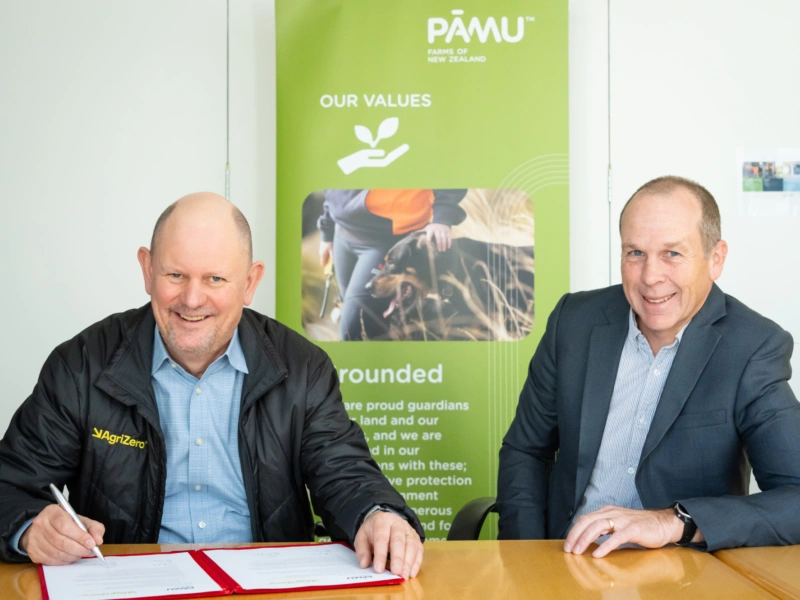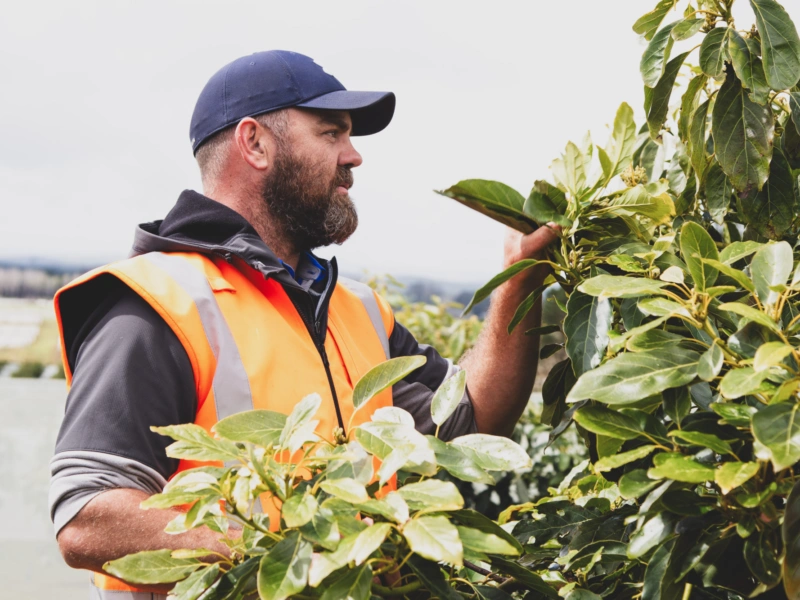Animal welfare is a non-negotiable at Pāmu and we strive to produce food and fibre with uncompromising care.
The NZ Taxpayers’ Union has raised concerns about six welfare infringement notices associated with Pāmu over the past three years and called for individuals to pay fines rather than the company. Pāmu is a custodian of public assets rather than a recipient and spender of tax revenue.
For context, at Pāmu, we care for approximately 1.3 million sheep, deer, and cattle over any 12 month period, so over the three-year period, the percentage figure for six infringements and 3.9 million sheep, deer and cattle is 0.0000154%.
Animal Welfare Infringement notices are issued for lesser offences than those warranting prosecution, however, as an exemplary farmer Pāmu takes the care and welfare of its animals extremely seriously and strives for zero breaches, no matter the gravity.
Any infringement is investigated with the relevant farm manager and transport company and where possible accountability is determined. Over the past three years, Pāmu has paid, or partially paid, five of six infringements at a total value of $2,280. For one of the infringements, it was deemed likely a transport issue, and half was paid by the transport company. For another, the farm manager took full responsibility and paid the fine in total.
Any accusations of breaching animal welfare requirements are treated as potential serious misconduct. Pāmu has ongoing training and extension for farm teams across topics including animal welfare, and agreements with veterinarians to carry out random welfare audits on farms. There is one-on-one support for farms where required with our in-house veterinarian, with support from local veterinarians where appropriate.
As a State Owned Enterprise we are required to be good employers and to exhibit a sense of social responsibility. Our Government shareholders expect us to be exemplary farmers demonstrating operational excellence. This includes best practice employment and animal welfare practices as well as balancing positive environmental outcomes with being a sustainable pastoral farmer.
State Owned Enterprises are subject to the State-Owned Enterprises Act 1986 and, as companies, they are also subject also to the Companies Act 1993.



